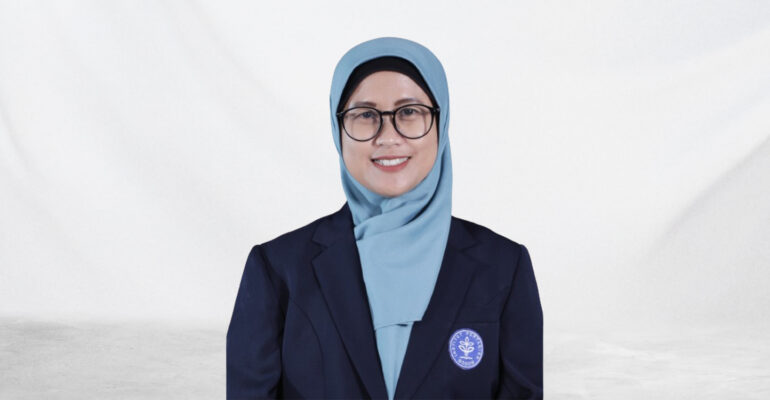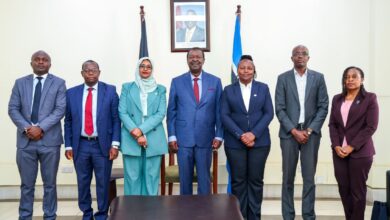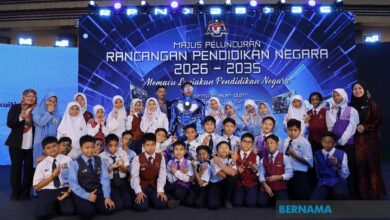IPB University Academic Support for Social Media Restrictions: Lessons from Developed Countries

An academician from IPB University, Dr. Dwi Retno Hapsari, has publicly supported the proposed age restrictions on social media usage in Indonesia. This initiative, presented by the Indonesian Minister of Communication and Digital, Meutya Hafid, aims to protect children in digital spaces, mirroring policies implemented in developed countries such as the United States and Australia.
Significance of the Policy
Dr. Hapsari, who teaches in the Department of Communication Science and Community Development, emphasized the significance of this policy in safeguarding children as they engage with online content. She acknowledged the government’s commitment to ensuring the protection of children from potential social media-related harm.
Challenges in Implementation
Despite her support, Dr. Hapsari pointed out possible challenges in implementing these restrictions, particularly highlighting the essential role of parental supervision in guiding children through their online experiences.
Preventative Measures
In her remarks, Dr. Hapsari stressed the necessity of preventative measures to address the negative impacts of social media on youth. She critiqued the current focus of digital literacy programs in Indonesia, arguing that they often emphasize internet skills rather than prioritizing digital safety and ethical considerations.
Proposed Age Guidelines
Regarding age limits for social media access, Dr. Hapsari suggested guidelines could be modeled after legal driving ages, basing them on developmental milestones. She proposed that the age of 17, which aligns with milestones such as obtaining an ID card, could be a suitable starting point for social media access, given the increase in psychological maturity typically observed at that developmental stage.
Positive Aspects and Regulations
Although Dr. Hapsari acknowledged the positive aspects of social media, such as its potential to foster creativity, she underscored the necessity of establishing robust regulations accompanied by enforceable penalties to mitigate the adverse effects of excessive usage.
Research and Recommendations
Her conclusions are based on extensive research advocating for limits on social media engagement. Recommendations indicate that young children should spend no more than 30 minutes daily on these platforms. Dr. Hapsari categorized social media usage into three tiers: light users (up to 3 hours), medium users (3 to 6 hours), and heavy users (6 or more hours per day), aligning with findings from a study conducted by the Georgia Institute of Technology.
Collaborative Efforts for a Safe Environment
Dr. Hapsari’s considerations reflect a balanced assessment of both the opportunities and risks associated with social media. She called for a collaborative effort involving parents, schools, and technology experts to create a safe and supportive digital environment for young users.
(Source: IPB University)




